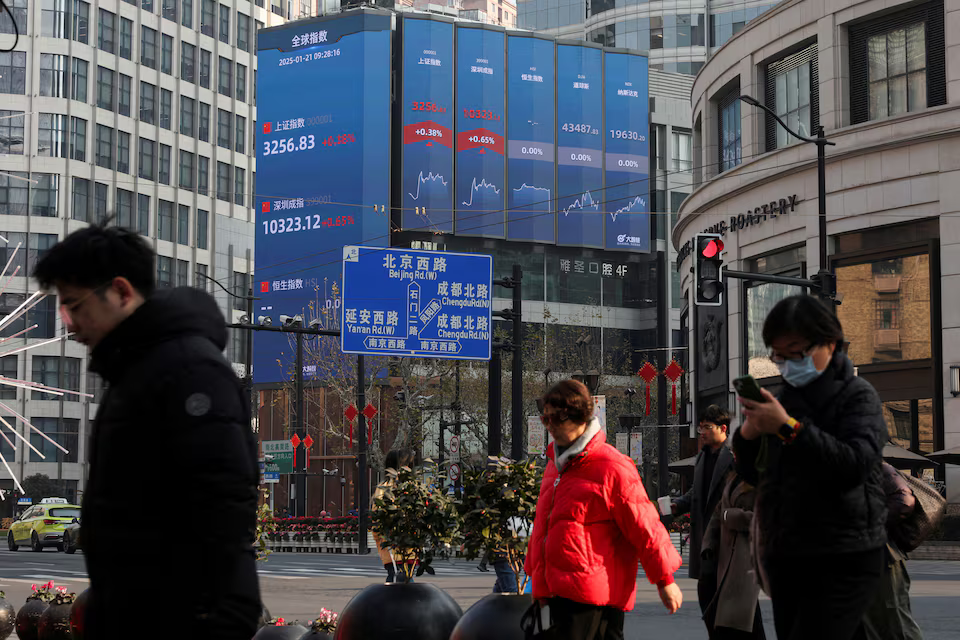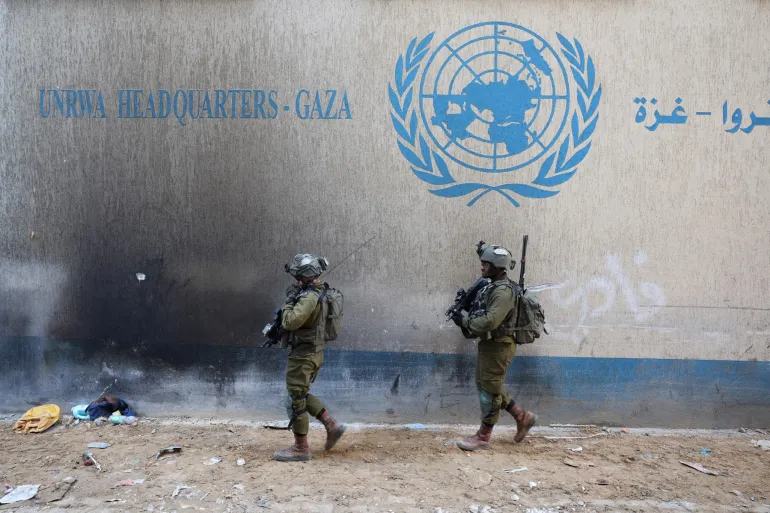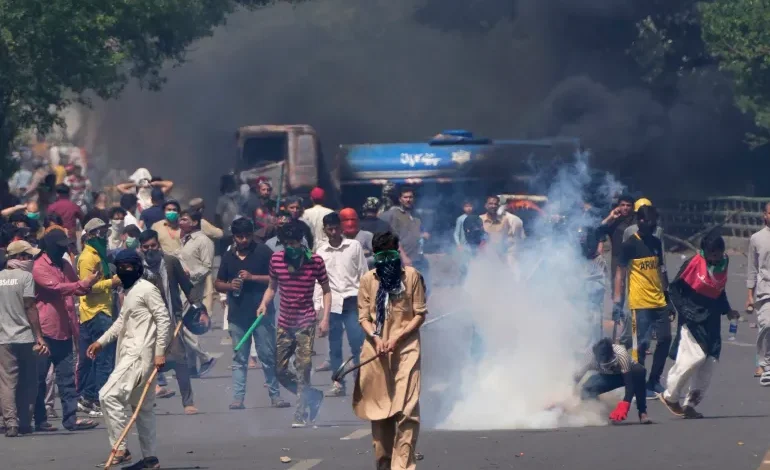Pakistan is facing mounting international criticism following the sentencing of 25 civilians by military courts, prompting concerns from the United States, the United Kingdom, and the European Union, Al Jazeera reports.
These nations have raised serious questions about the fairness and transparency of the proceedings, particularly regarding due process and judicial independence.
The United States State Department expressed concern over the sentencing, with spokesperson Matthew Miller stating on X that the proceedings lacked “judicial independence, transparency, and due process guarantees.” This statement echoes similar criticisms from the UK and the EU, which have also questioned the use of military tribunals to try civilians.
The European Union was the first to publicly react to the December 21 military court verdicts, stating that the sentences appeared “inconsistent with the obligations Pakistan has undertaken under the International Covenant on Civil and Political Rights (ICCPR).” The EU also subtly warned that Pakistan’s status as a beneficiary of the Generalised Scheme of Preferences Plus (GSP+), which allows for duty-free access to European markets, could be jeopardized if human rights obligations are not met.
Military Trials Stem from May 9 Riots
The trials stem from nationwide riots that erupted following the arrest of former Prime Minister Imran Khan on May 9. Supporters of Khan’s Pakistan Tehreek-e-Insaf (PTI) party targeted government buildings, monuments, and military installations, including the army headquarters in Rawalpindi and the residence of a senior military official in Lahore. Thousands of PTI workers were arrested in the aftermath, with 105 being referred to military courts. On December 21, the military announced that 25 of those civilians had been convicted, with at least 14 receiving 10-year prison sentences.
The Pakistani military has defended the proceedings, asserting that they followed due process and ensured the legal rights of the accused. However, the United Nations Human Rights Committee has urged Pakistan to review its legislation regarding military courts and revoke their jurisdiction over civilians.
Pakistan’s Response and the GSP+ Connection
Pakistan’s Ministry of Foreign Affairs has responded to the criticism, stating that the country’s constitution and judicial system will guide its domestic legal decisions. In a more detailed statement, the Foreign Office insisted that Pakistan’s legal system “guarantees promotion and protection of human rights and fundamental freedoms”, and is consistent with “international human rights law,” including the ICCPR.
However, the concerns over Pakistan’s human rights record are intertwined with its GSP+ status. The program incentivizes partner nations to improve governance standards and focus on sustainable development by offering them preferential trade access to European markets. Pakistan is one of eight countries that currently benefits from this status, with more than 78 percent of its exports to Europe, valued at nearly 4 billion euros, entering duty-free in 2023.
Under the GSP+, countries must adhere to 27 international core conventions, including the ICCPR, which guarantees a fair and public trial before an independent tribunal. Critics argue that military trials, which often lack transparency and public scrutiny, fall short of these standards.
Potential Economic Fallout
Former government officials and analysts have warned that Pakistan’s failure to uphold its non-economic commitments could seriously harm its economic interests. The PTI believes that the military trials are part of a broader crackdown against the party. Losing GSP+ status, former Finance Minister Miftah Ismail warns, could reduce Pakistan’s exports by 20 to 30 percent.
Haroon Sharif, a former minister of state, warns that such agreements are tools for political bargaining and that political fragmentation impacts economic outcomes. He cautions that Pakistan risks isolating itself by not engaging with the global community and international institutions, which could lead to market shocks.
Former Prime Minister Shahid Khaqan Abbasi and other critics have argued that the government could have used anti-terrorism or other civilian courts to try the civilians, ensuring greater transparency.









